VIENNA CONTEMPORARY: A MASTERPIECE AMIDST THE CROWDED CANVAS
Have You Ever Experienced That Craving For Something Savory After Indulging In Too Many Sweets?
That's Precisely How I Felt After Attending Two Openings And Various Press Meetings Over The Last Few Days.

My Artistic Appetite Was Longing For A Savory Twist At The Vienna Contemporary Art Fair.
I Was Thrilled To Discover Numerous Exceptional Projects, Breathtaking Artworks, And Captivating Booths From The Galleries And Artists We Hold In High Esteem – Some Of Whom I Admire Even More Now!

Among The Plethora Of Offerings, Five Distinct Positions Truly Captured My Attention And Satisfied My Artistic Palate.
We Wholeheartedly Endorse These Highlights And Encourage You To Experience Them, Along With All The Other Remarkable Exhibitions At This Year's Vienna Art Fair. But First, Here's My Personal Take:
Another Article About An Art Fair? Amidst The Parallel Art Fair, The Gallery Festival Curated By Vienna, And A Slew Of Side Projects, One Might Wonder If It's An Overload For Art Exhibition Enthusiasts.
Nevertheless, We, At Munchies Art Club Magazine, Were Right There In The Midst Of It All, Unearthing Hidden Treasures, Encountering Familiar And New Faces, Sharing Delightful Surprises With Friends, And, One Of The Few Downsides For Me Personally, Lamenting The Price Of My Espresso Macchiato.
Well, You've Been Warned!
Let's be honest! Holding an art fair in the heart of Vienna, right at Kursalon, surrounded by an expansive park and easily accessible via public transport – it does indeed sound like a brilliant idea.
But one can't help but wonder if Vienna Contemporary, with its brilliant gallerists and creative minds, could have elevated the experience even further by providing more spacious booths.

Nonetheless, I thoroughly enjoyed the experience. The weather was splendid, the company delightful, and, of course, the artists – most of whom were present – added their vibrant strokes to the Vienna art scene.
However, it's hard not to notice the trendy tent at the forefront of the venue.
This time, I'm flying solo, temporarily filling in for Dominique, the founder of Munchies Art Club, who's occupied with important meetings in France.

My journey began with a serendipitous encounter with artist and Curator Lina Albrikiene. We embarked on our art-filled adventure, joined by her friends Ilethia Sharp and artist Elisabeth Molin (DK).
We sat outside and engaged in a friendly chat in this beautiful space. It was a pleasure meeting Sharp, who runs the Copenhagen-based Sharp Projects gallery and is presenting a solo show in Zone1 with artist Elisabeth Molin – all quite impressive.
But that's not all; I had some other remarkable encounters to share.
READ THIS YEARS VIENNA CONTEMPORARY REVIEW BY MUNCHIES ART CLUB MAGAZINE 2.0
SANDWICH GALLERY WITH ARTIST CHRISTIAN RADUTA
I must admit, I was pleasantly surprised when I first encountered a sculpture, and then a multitude of sculptures, at that particular booth.

My introduction to Christian Radula's Work was at the exhibition in Graz titled 'Beings And Creatures Part.' I must say, I am quite taken with his artistry. It's playful, remarkably simple, yet brimming with joy and open to various interpretations.
By the way, I have a soft spot for gallery names that carry a touch of humor. Enjoy Sandwich Gallery on Instagram !
KOGO GALLERY PREMIER IN VIENNA WITH A STUNNING WALL INSTALLATION BY ARTIST LAURA POLD
A few months before Vienna Contemporary, I stumbled upon Laura Pold's work.

It all began with a simple Instagram DM to Kogo Gallery a while back, inquiring if we could cover their presence at this year's Vienna Contemporary.
True to their word, after the summer break, we received comprehensive documentation, complete with text.
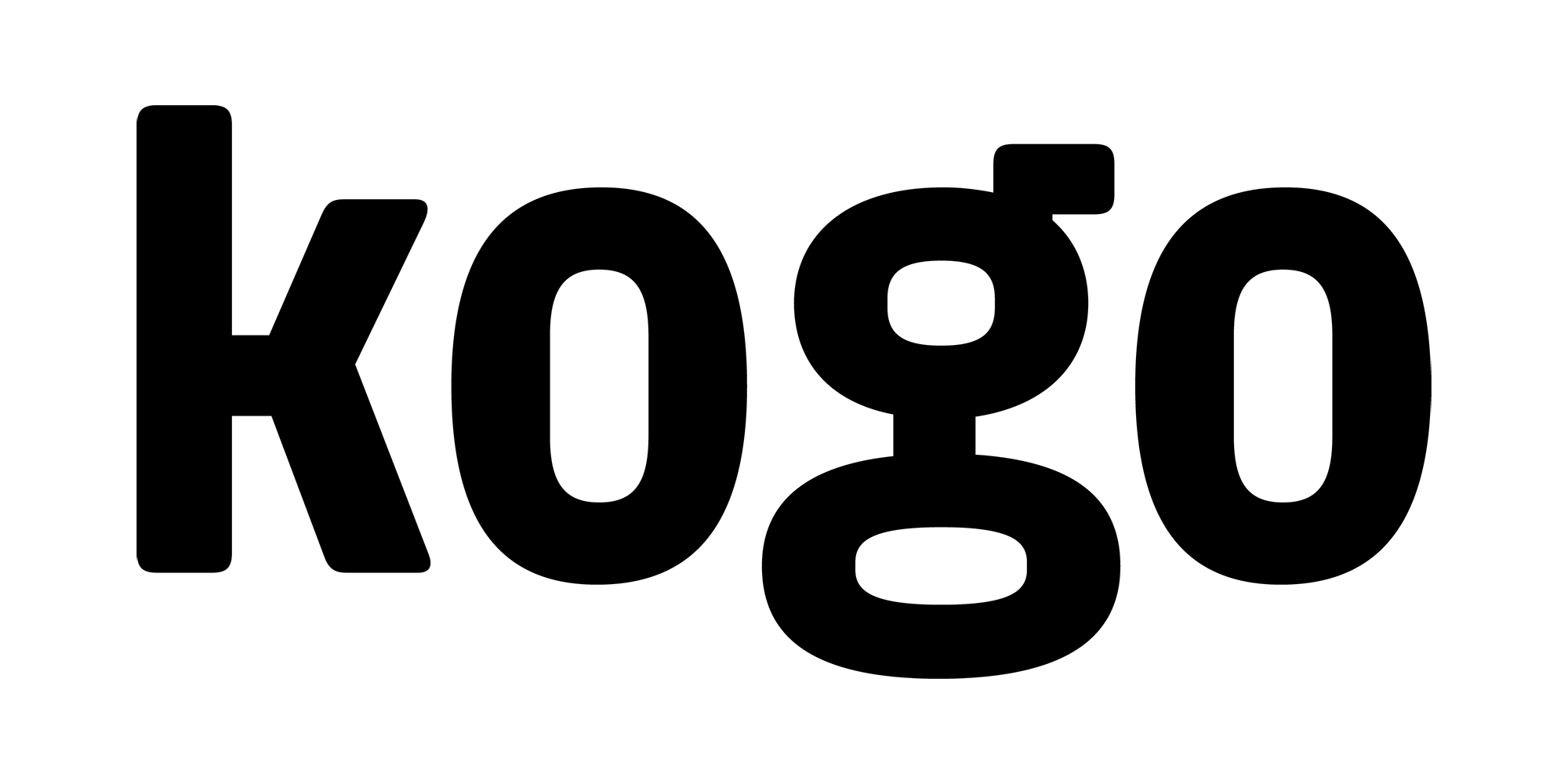
Kogo Gallery
As Laura Pold's installation, 'Ways of being' deserves an article all to itself, we decided to provide our readers with a separate feature on Laura Pold and the incredible achievements of Kogo Gallery. For The Full Scoop, Read More Here.
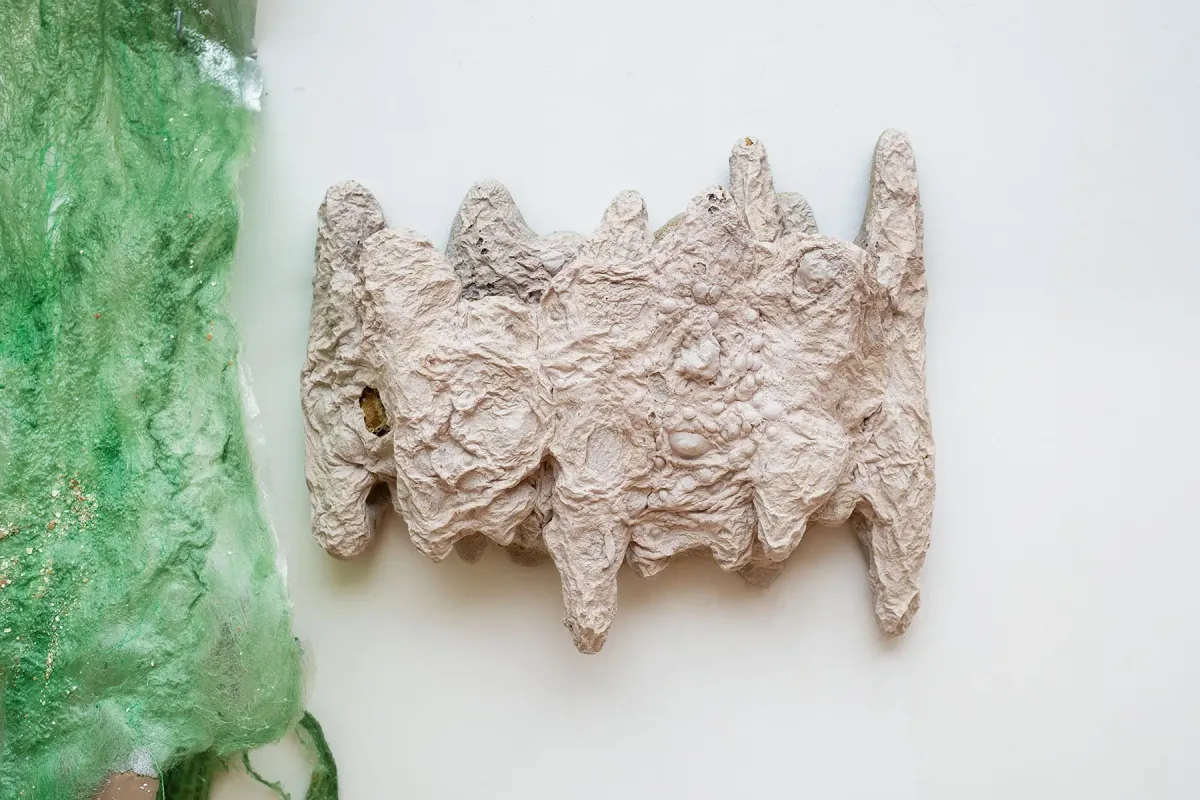
Read more about the Artist Laura Pold and Kogo Gallery
PS: Witnessing the finished piece in person, after having seen the images before the fair, was nothing short of breathtaking! Bravo!

SHARP PROJECTS PRESENTS ELISABETH MOLIN (DK) SUPPORTED BY THE DANISH ARTS FOUNDATION
It's almost like a scene straight out of 'Cry Me a River,' where cutouts of sweat droplets and water puddles come together in a playful display.


Above: Sharp Projects with Artist Elisabeth Molin Zone1 Vienna Contemporary Art Fair | Image by kunst-dolumentation.com
It's a clever nod to the world of cartoons and its unique language, masterfully crafted by the artist.
It might seem minimalistic, but trust me, there's a treasure trove of thought and meaning behind it. It was truly a pleasure meeting you both!

Sharp Projects Copenhagen
Sharp Projects, founded in 2021 by the dynamic American independent curator, Ilethia Sharp, is far from your average contemporary art gallery.
It's a curatorial project space with an international twist, making waves in the art world.
Totally impressed!
Follow Sharp Projects on Instagram and the Artist Elisabeth Molin, too!
STEVE TURNER GALLERY L.A
Oh yes, Stephen Turner, I'm the bearded, long-haired guy who approached you – the one with the slightly quirky request for a snapshot.
You, the artist, and, of course, your utterly captivating presentation as the backdrop.

You see, I'm stepping in for my wife, who's the brains behind Munchies Art Club Magazine, and she's currently unavailable.

Steve Turner Gallery L.A.

But rest assured, she gave her enthusiastic nod to my little mission. By the way, as huge fans of your gallery, your presence at this year's Vienna Contemporary made our visit even more exciting.
Website Brittany Tucker
We truly hope this won't be a one-time occurrence, and you shall return! Great paintings by Brittany Tucker – take a look at the image. Impressive work showcased!
Follow Steven Turner Gallery on Instagram as also the Artist Brittany Tucker !
KISTEREM GALLERY BUDAPEST | HUNGARY WITH A WORK BY KASZÁS TAMÁS
Here's a personal highlight that has me scratching my head – why does this piece draw me in? It's yellow, there's a metal mask, and there's even a sword. But, you know what?

I absolutely love it, and I just had to mention it. But that's not all! Kisterem Gallery is also showcasing KITTI GOSZTOLA, KRISZTIÁN KRISTÓF, DOMINIKA TRAPP, and ANNA B. WIESENDANGER at Vienna Contemporary.
If you're as entranced as I am, you might want to give them a follow on Instagram. Highly recommended!
Kisterem Gallery on Instagram! Follow the Artist KASZÁS Tamás on Instagram.
ABOUT:
Ernst Kositsch is an artist and sculptor who works and lives in Vienna, Austria. This time, I stepped in for Dominique Foertig for Munchies Art Club Magazine.
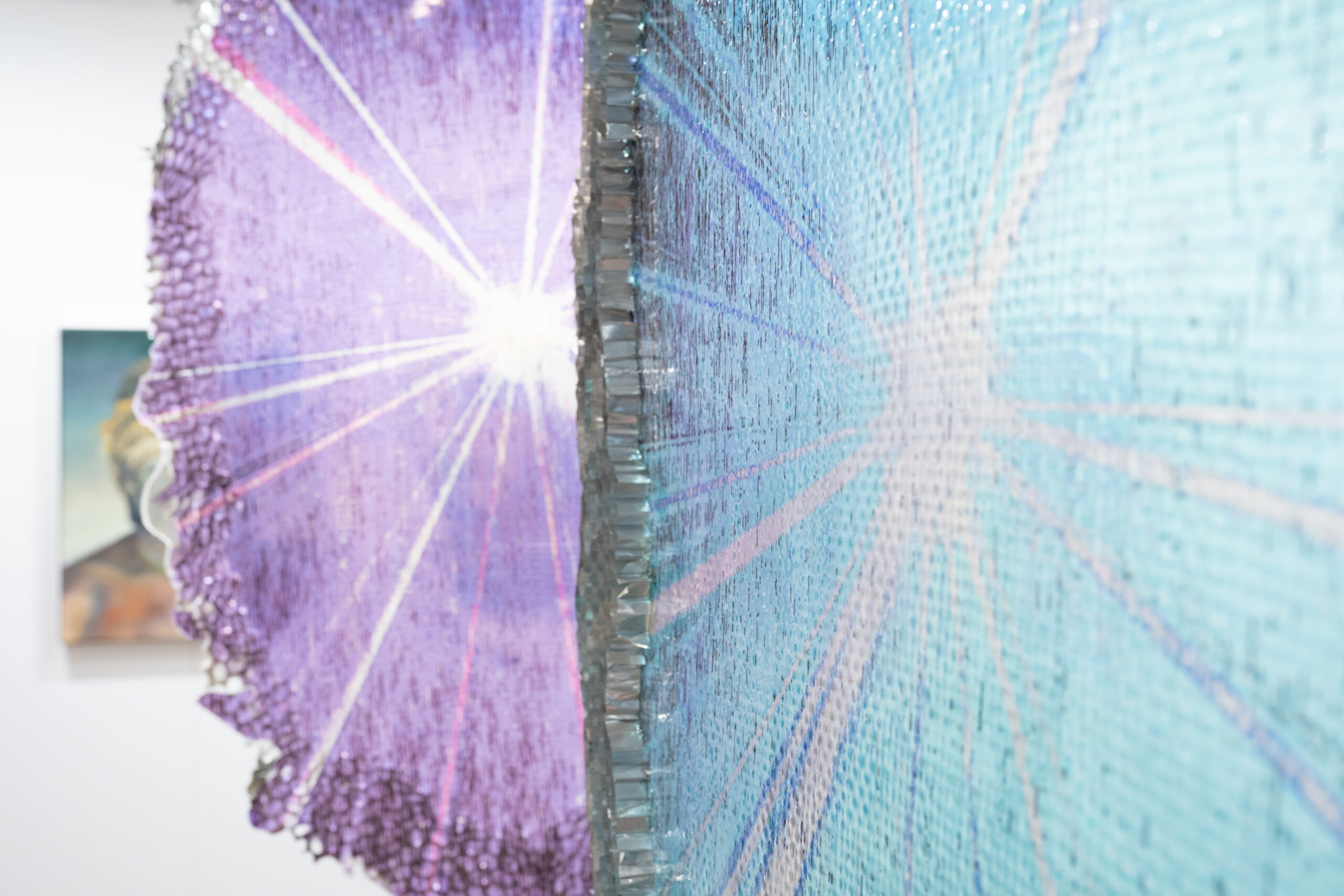
Vienna Contemporary Art Fair

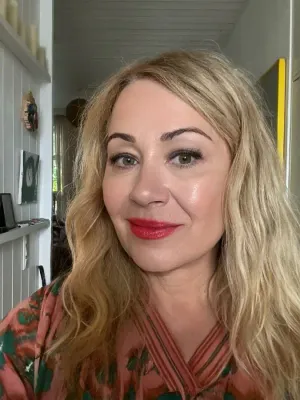
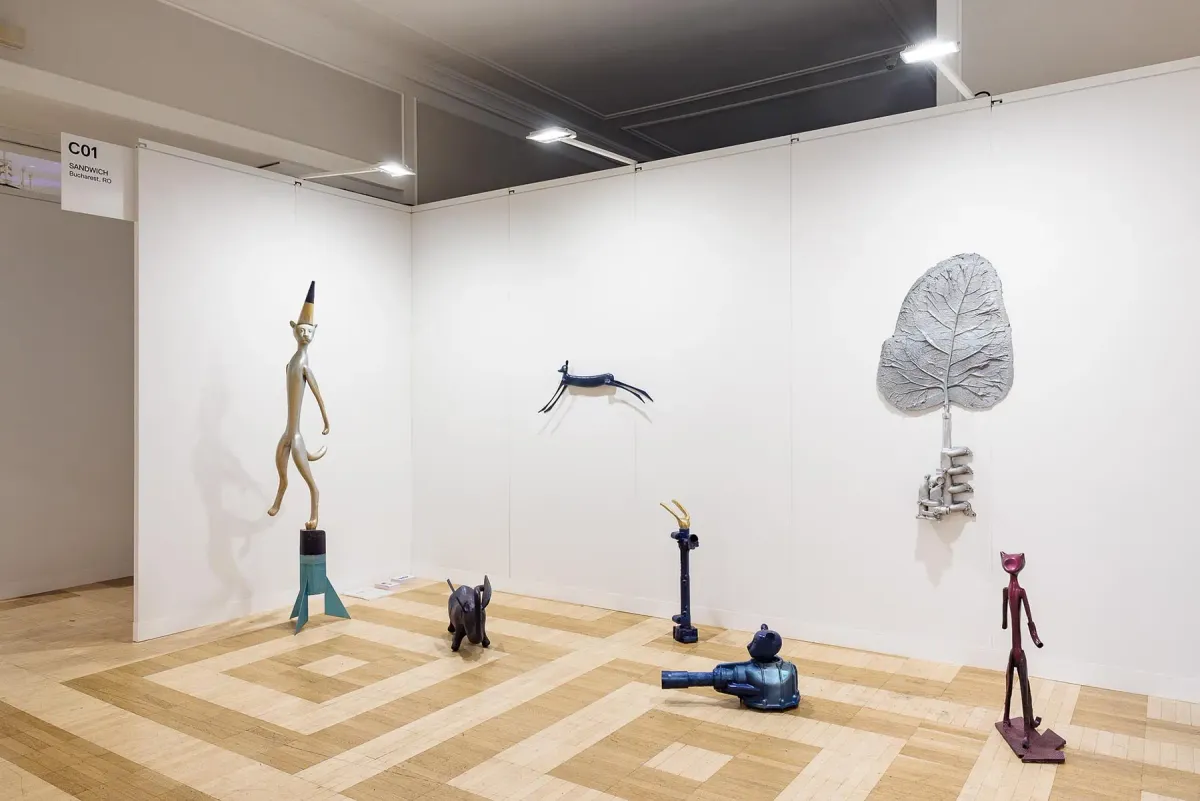
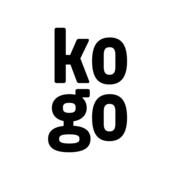




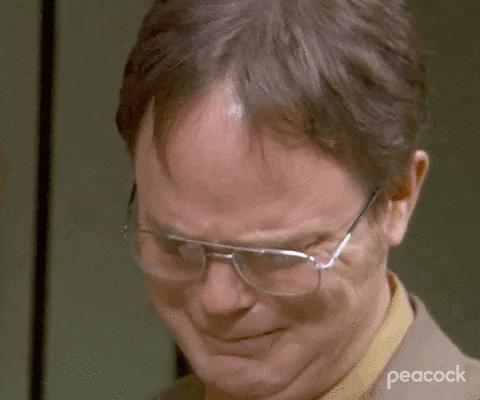
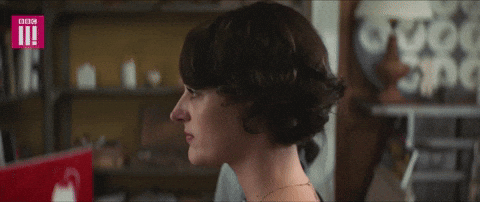
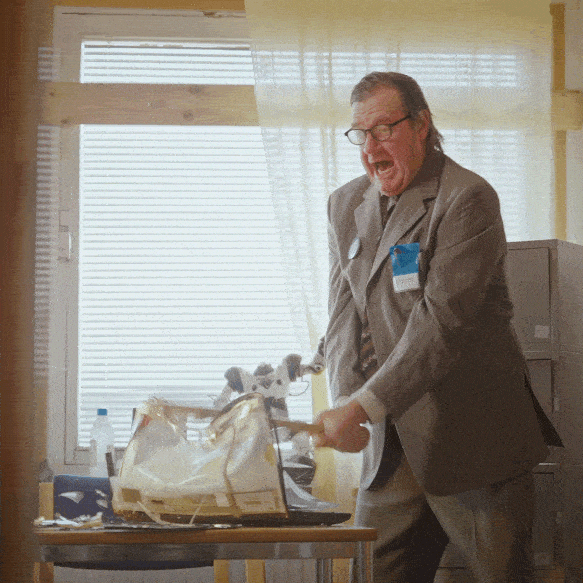
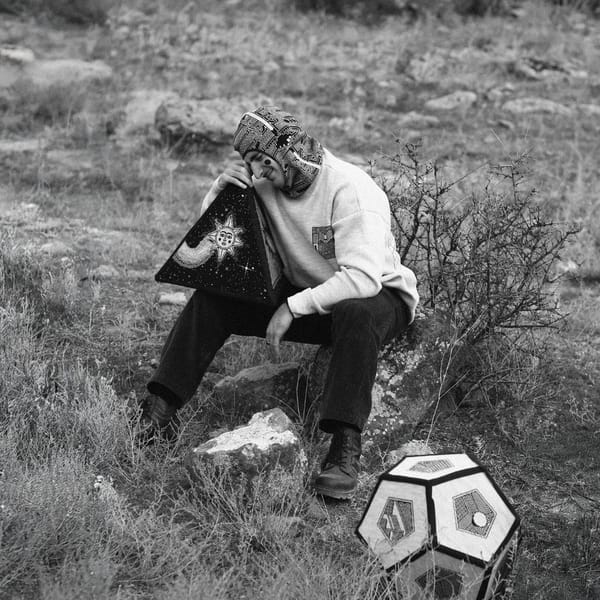
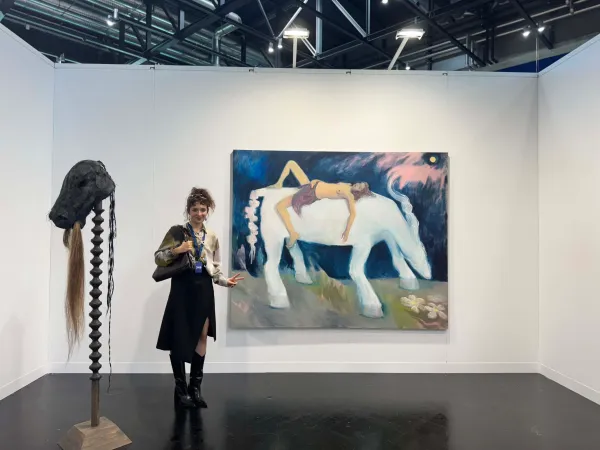
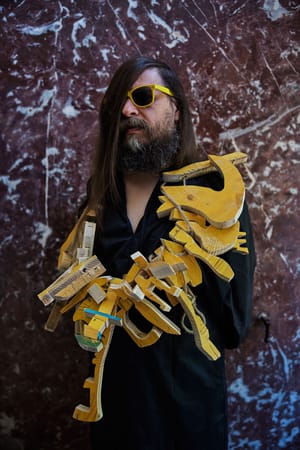
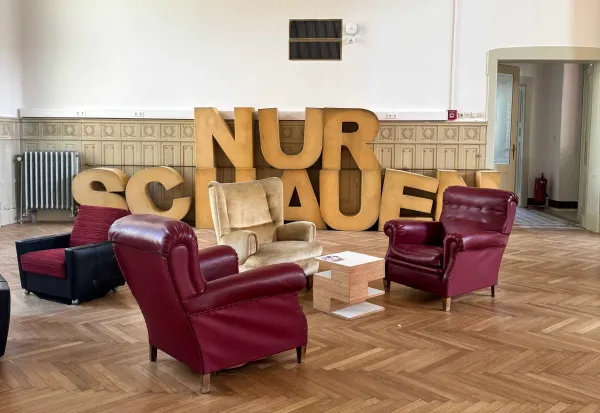
Member discussion